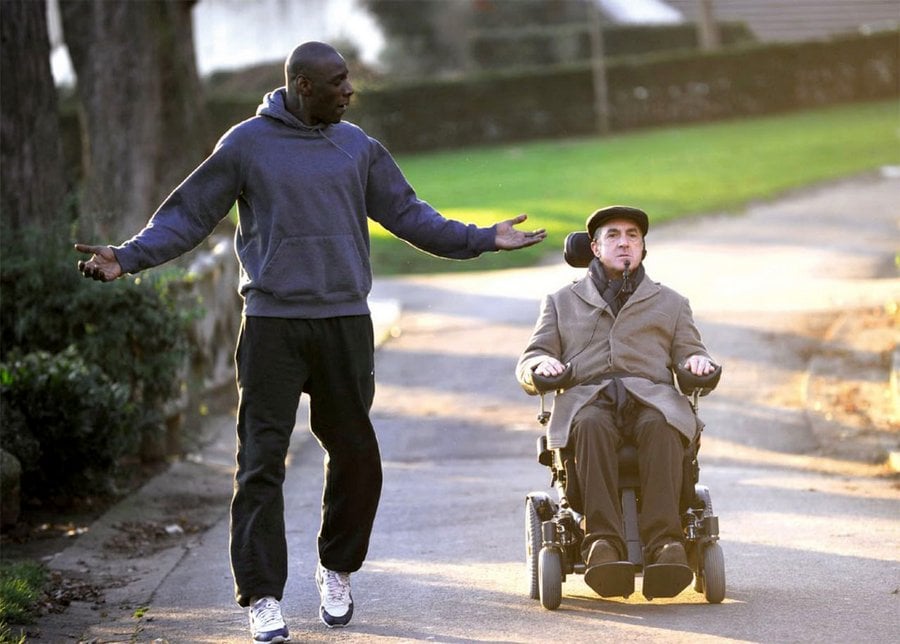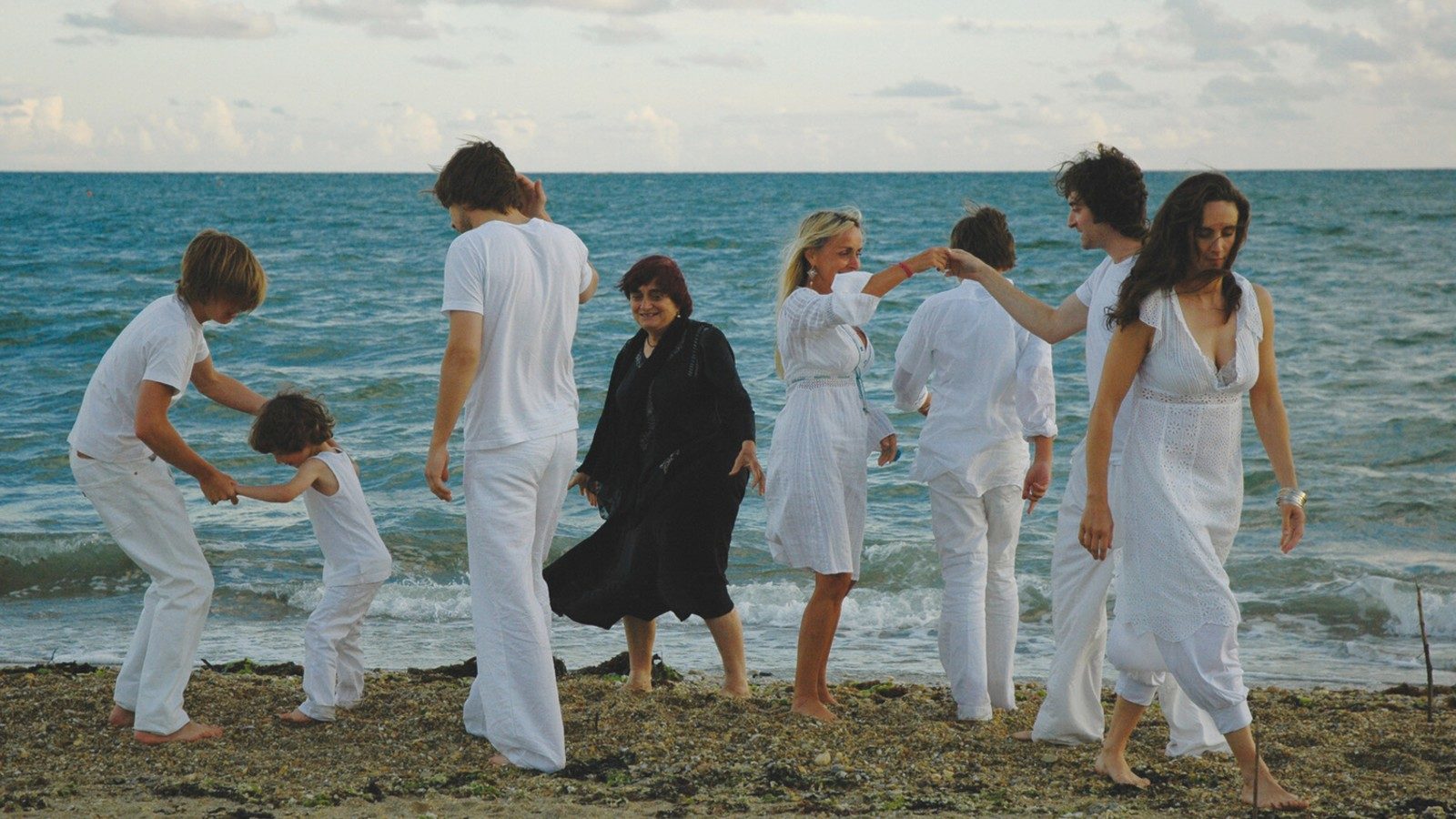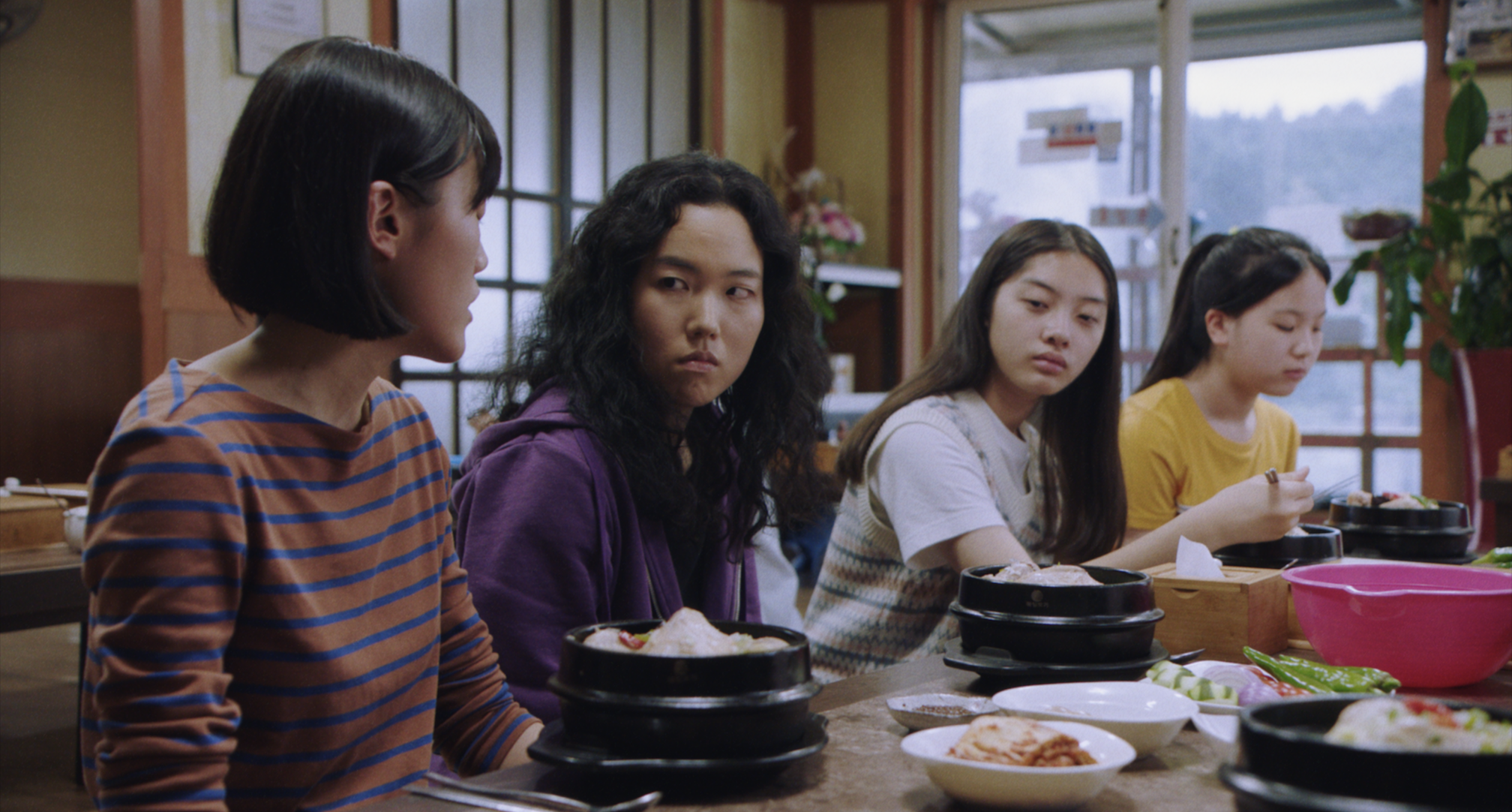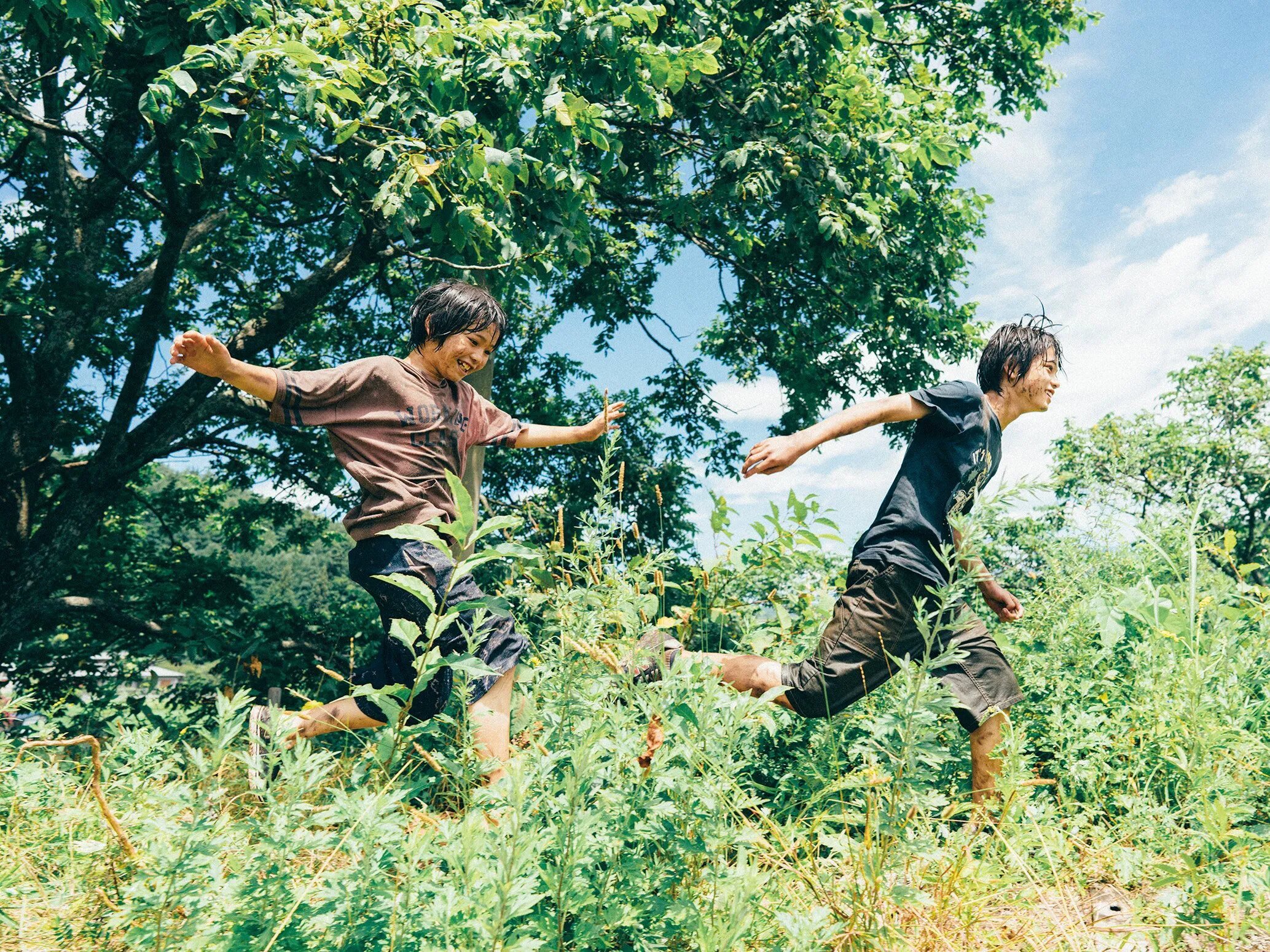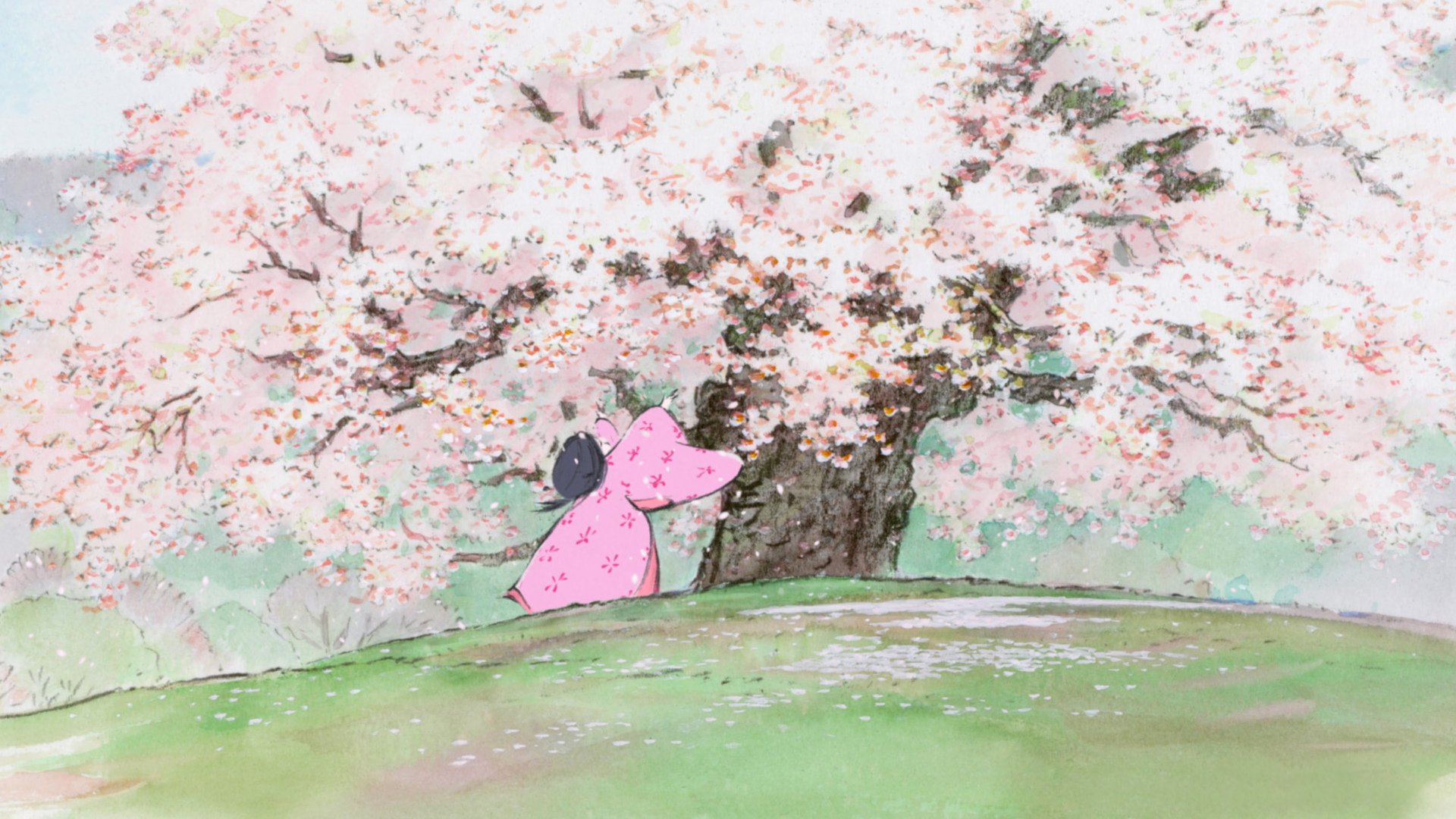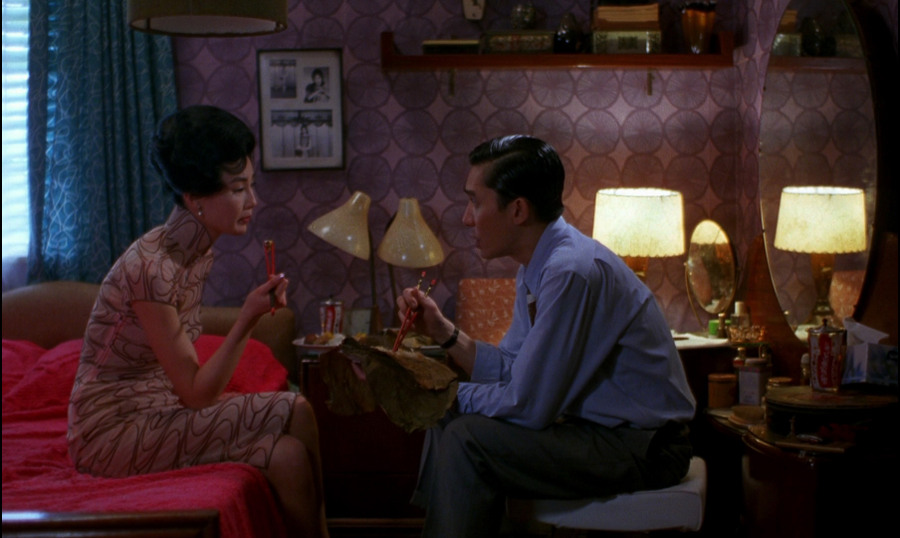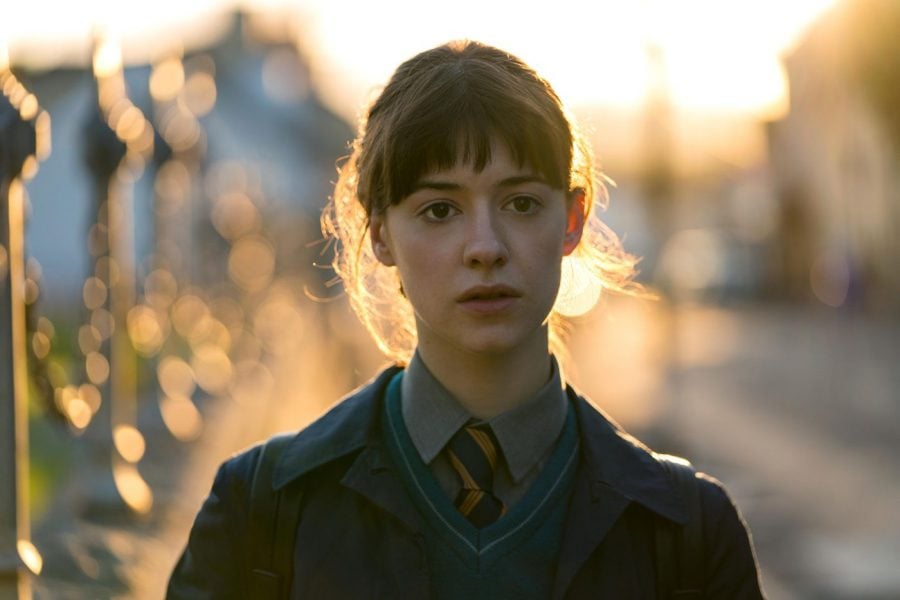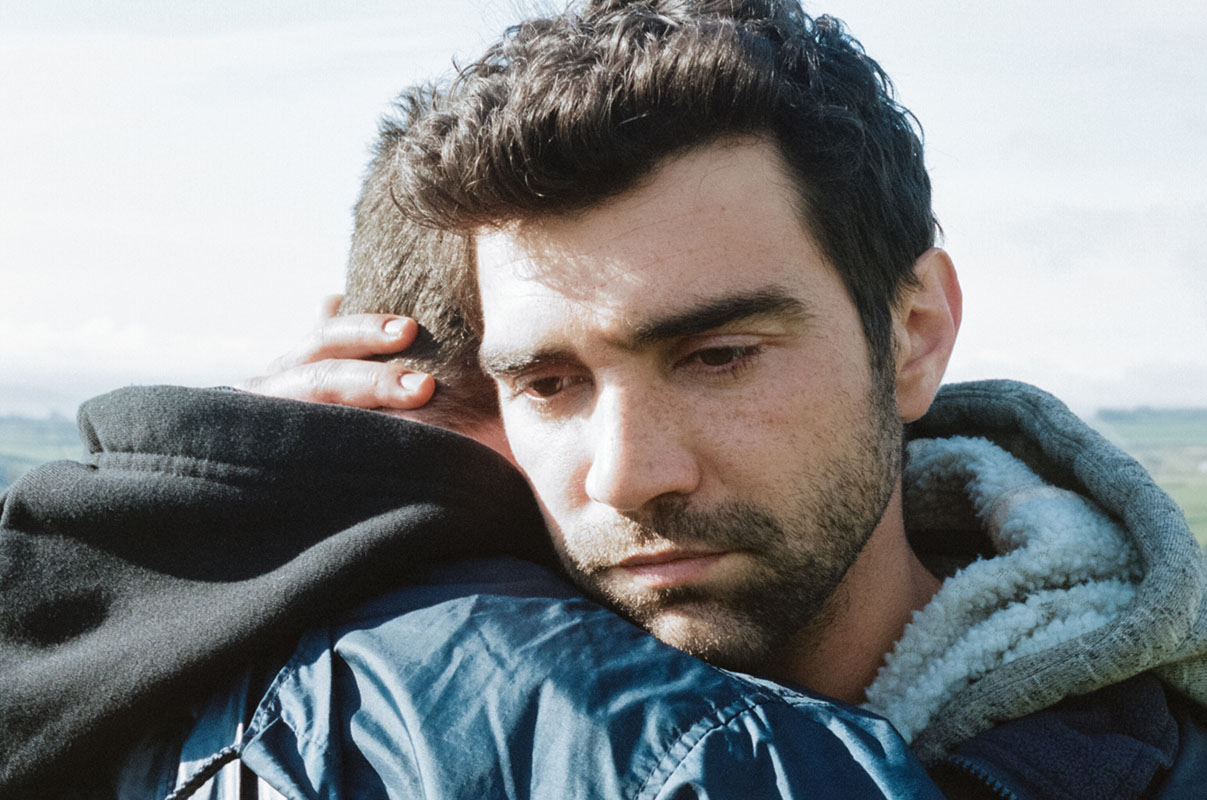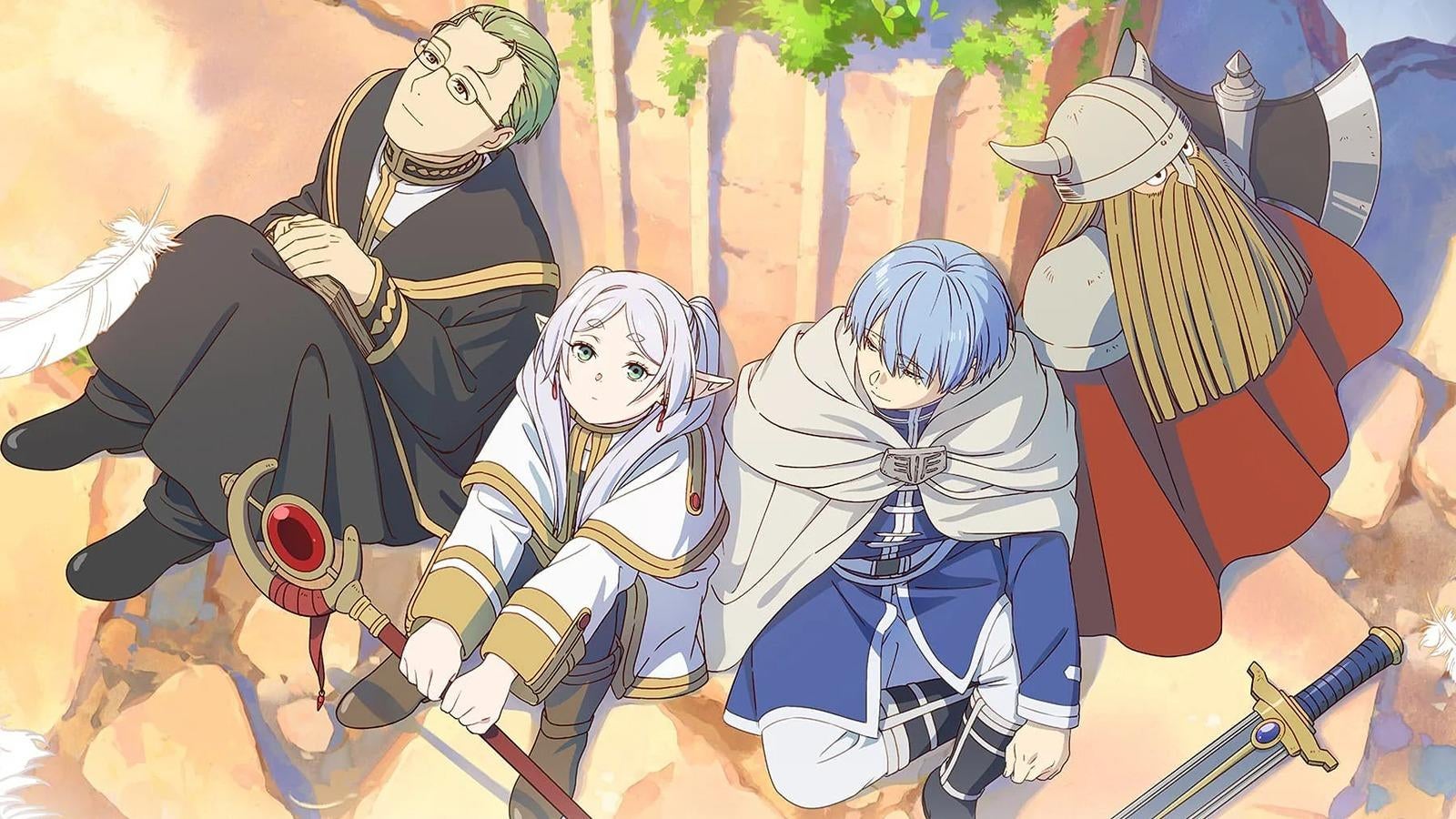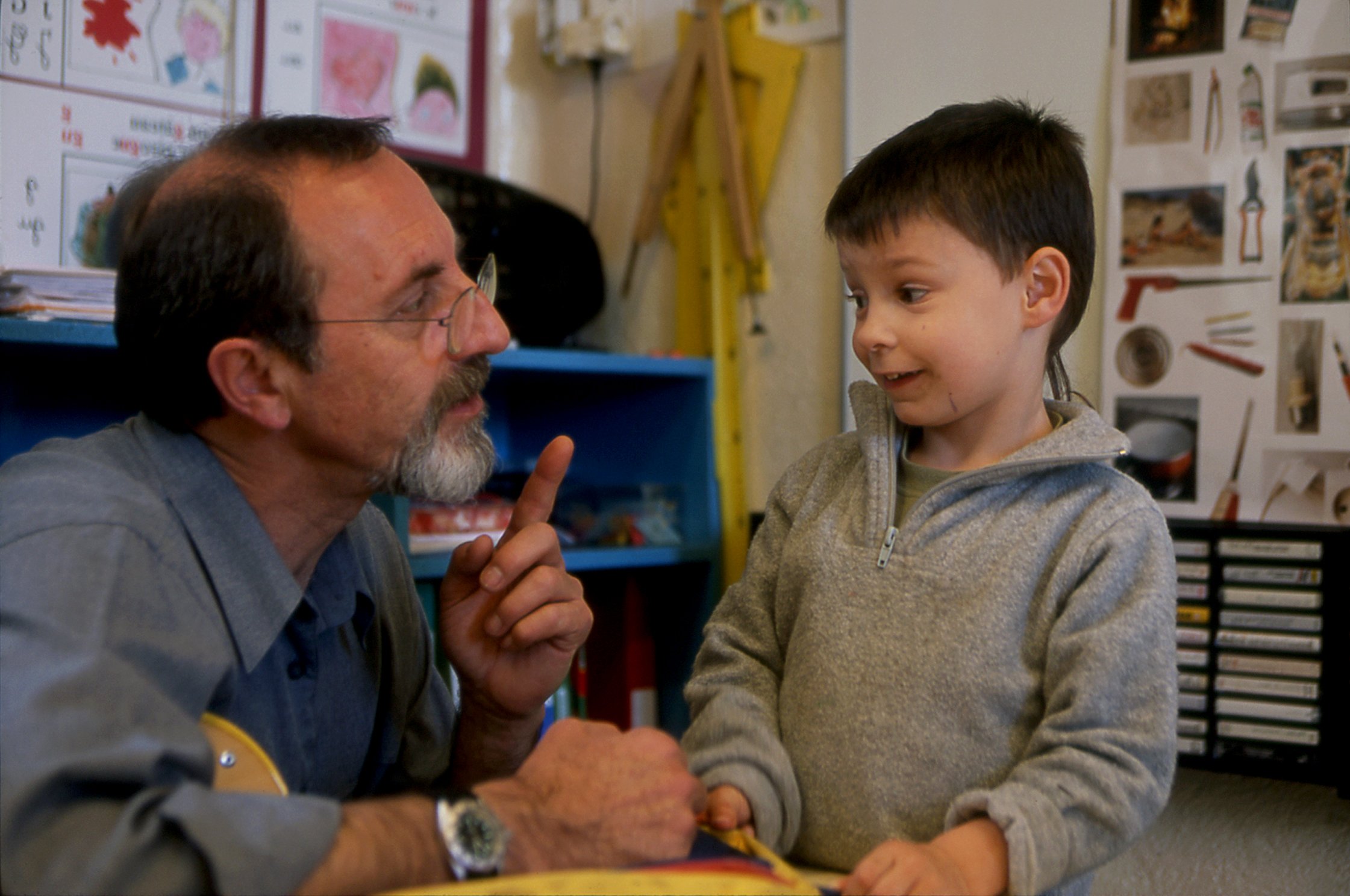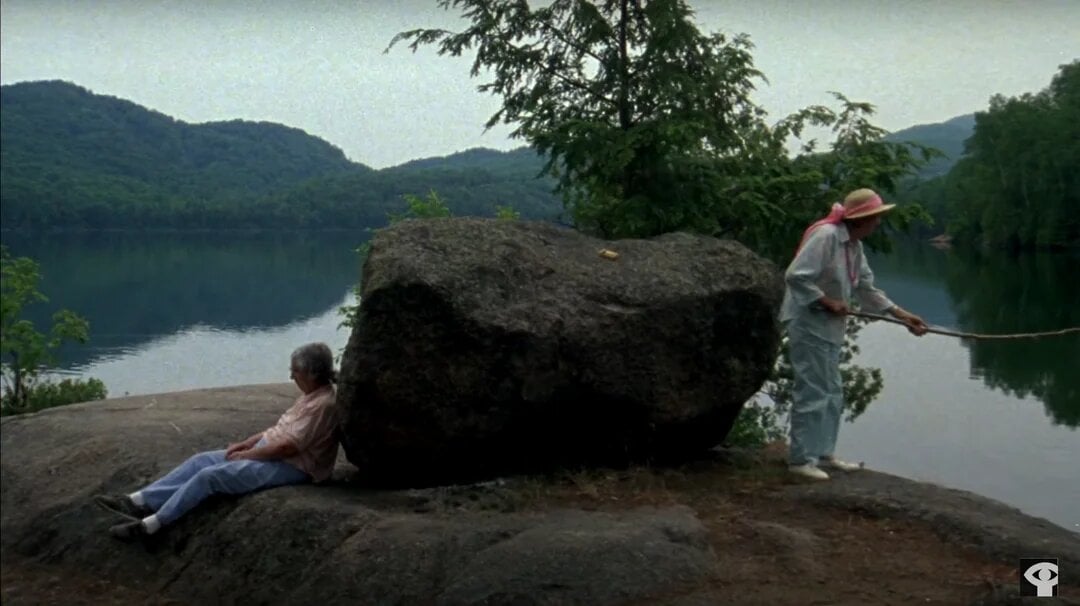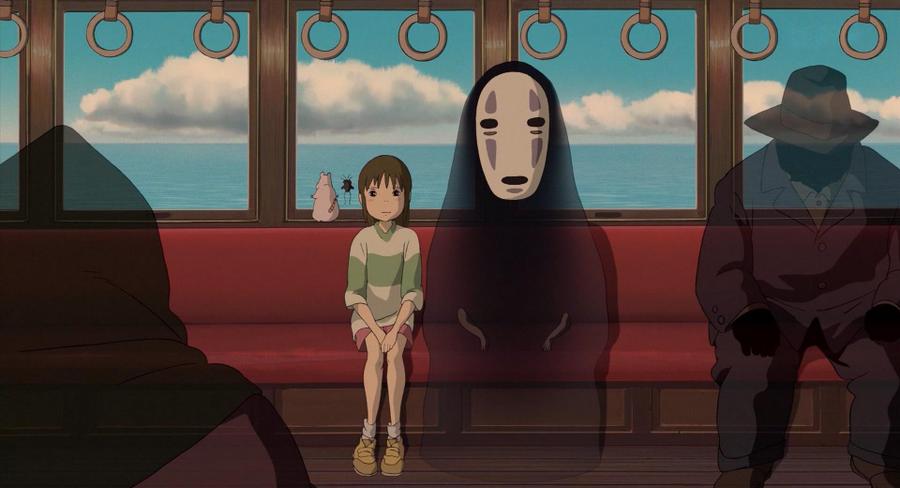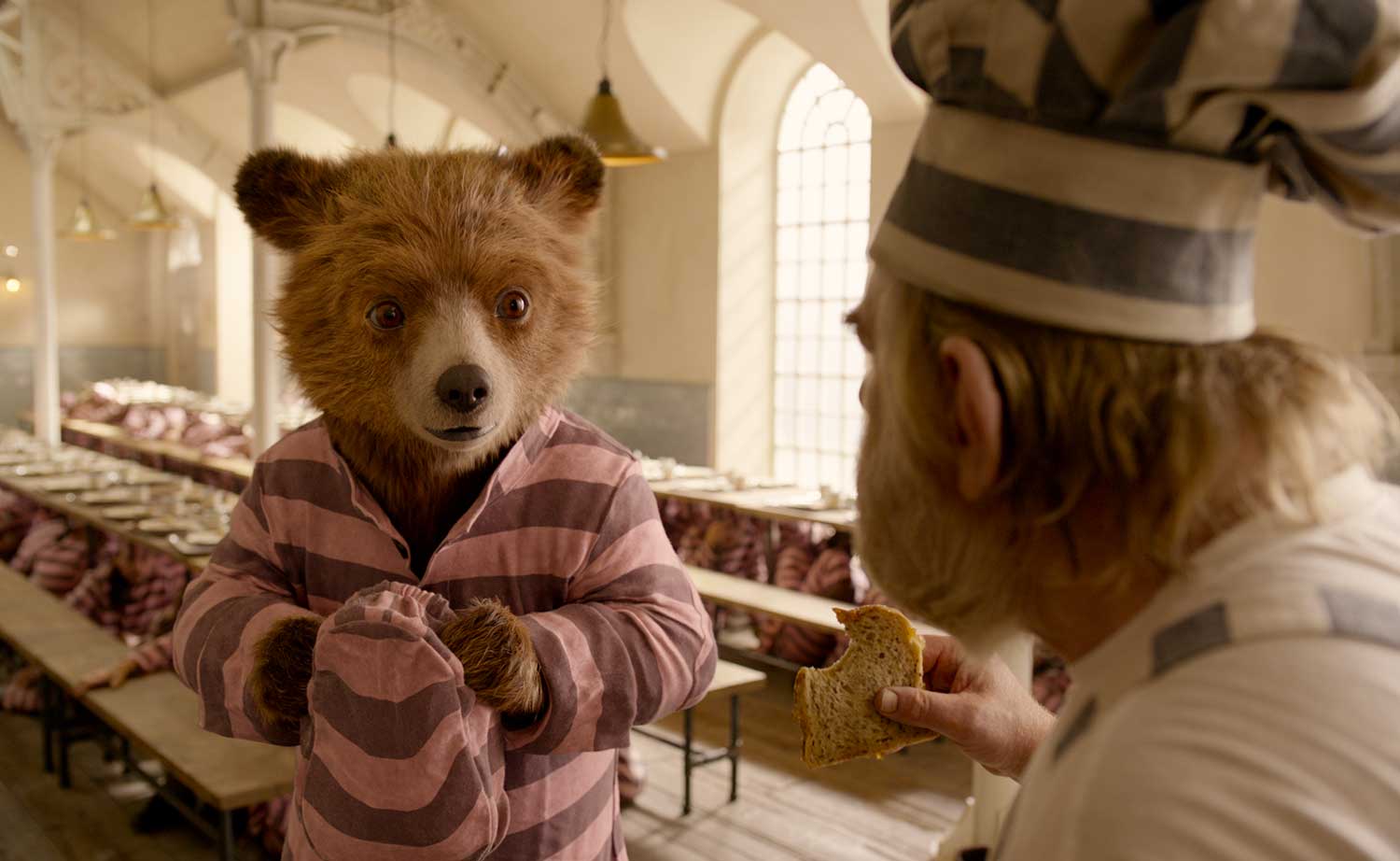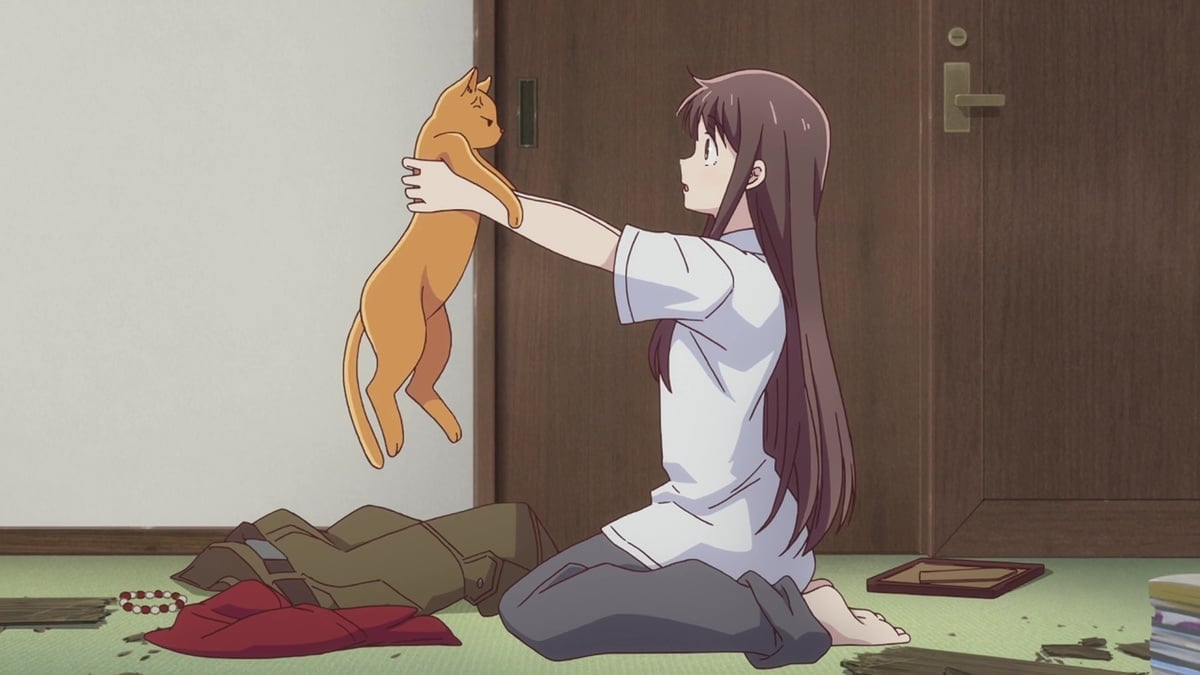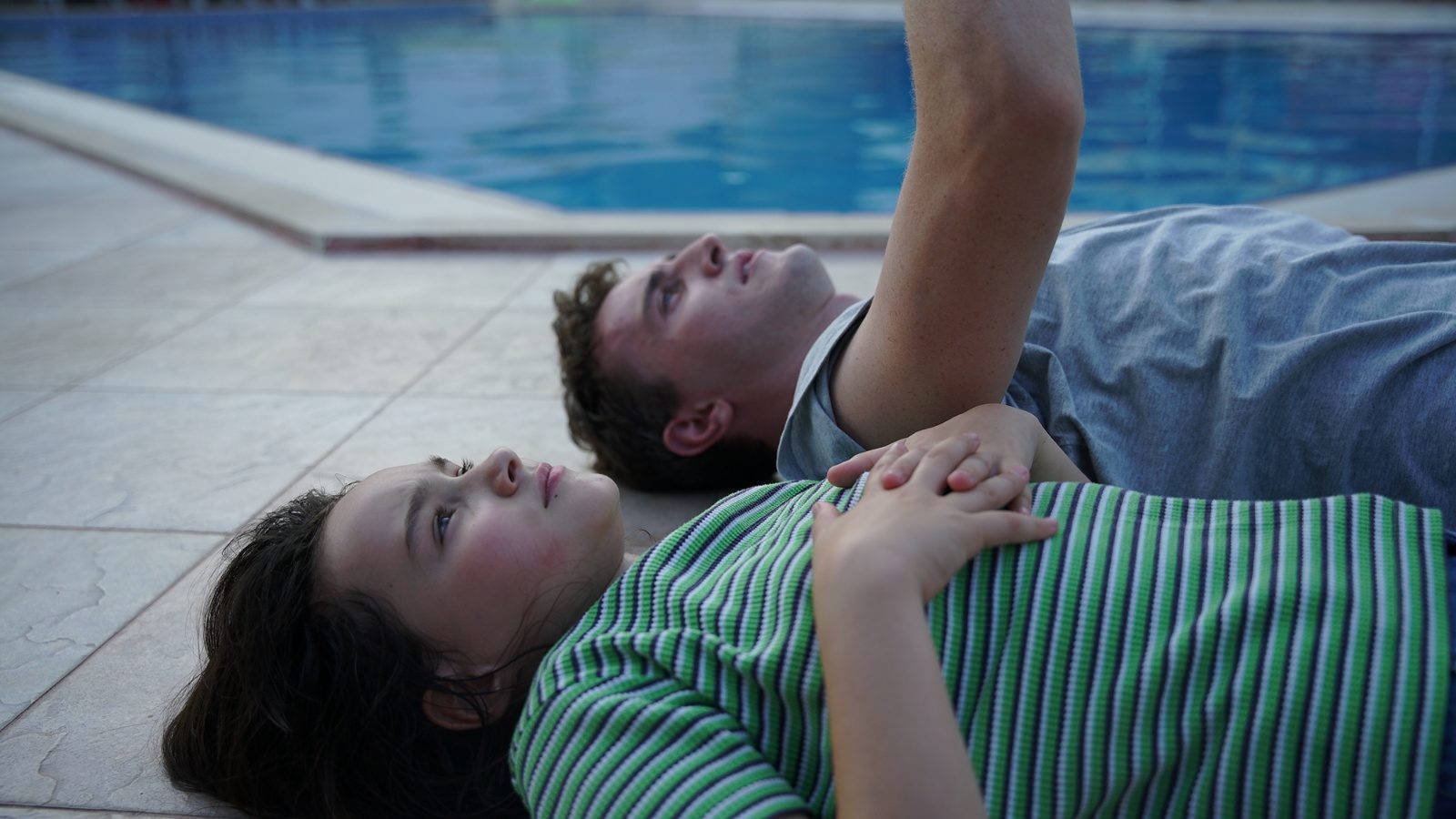Frequently considered one of the greatest animated movies of all times, and certainly the highest-grossing film in Japanese history, Spirited Away is Hayao Miyazaki and Studio Ghibli at their very best. It was also the first non-English animation movie to win an Oscar. On the surface, it's a film about a Chihiro Ogino (Hiiragi), a young girl who stumbles into an abandoned theme park with her parents. In a creepy spiritual world full of Shinto folklore spirits, she sees all kinds of magic and fantastic creatures, while having to find a way to save her parents and escape. In addition to the adventure, the coming-of-age theme, and the motifs of ancient Japanese lore, the film can also be understood as a critique of the Western influence on Japanese culture and the struggle for identity in the wake of the 1990s economic crisis. A deep, fast-paced, and hypnotizing journey.
Genre: Animation, Family, Fantasy
Actor: Akiko Tomihira, Akio Nakamura, Bob Bergen, Bunta Sugawara, Daveigh Chase, David Ogden Stiers, Hayashikoba, Hiromi Takeuchi, Ikuko Yamamoto, Jack Angel, Jason Marsden, Jim Ward, John Ratzenberger, Kaori Yamagata, Katsutomo Shîbara, Kazutaka Hayashida, Keiko Tsukamoto, Ken Yasuda, Koba Hayashi, Lauren Holly, Mari Natsuki, Masayuki Kizu, Mayumi Saco, Michael Chiklis, Michiko Yamamoto, Mina Meguro, Minako Masuda, Miyu Irino, Naoto Kaji, Noriko Kitou, Orika Ono, Paul Eiding, Rina Yamada, Rodger Bumpass, Rumi Hiiragi, Ryunosuke Kamiki, Shigeru Wakita, Shigeyuki Totsugi, Shinobu Katabuchi, Shiro Saito, Shirou Saitou, Sonoko Soeda, Susan Egan, Suzanne Pleshette, Takashi Naito, Takehiko Ono, Tara Strong, Tatsuya Gashuin, Tetsurô Ishibashi, Tsunehiko Kamijo, Tsuzuki Kayako, Yasuko Sawaguchi, Yayoi Kazuki, Yo Oizumi, Yoko Ono, Yoshitaka Sukegawa, Yumi Tamai, 沢口靖子
Director: Hayao Miyazaki
Rating: PG

